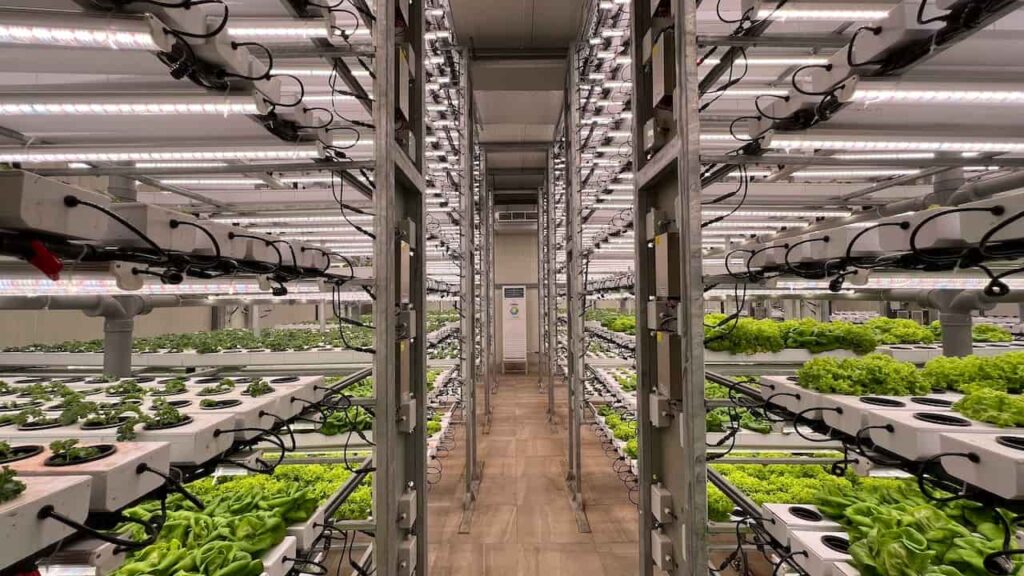
Agritech is the use of technology to improve the efficiency and productivity of agriculture. It encompasses a wide range of technologies, from precision farming and robotics to artificial intelligence and machine learning.
Agritech is rapidly transforming the food system, and is playing a key role in addressing some of the biggest challenges facing the industry today, such as:
- Food security: The global population is expected to reach 9.7 billion by 2050, putting a significant strain on food production. Agritech can help to increase crop yields and reduce food waste, ensuring that everyone has access to the food they need.
- Climate change: Agriculture is a major contributor to climate change, and is also vulnerable to its impacts. Agritech can help to reduce the environmental impact of agriculture and make it more resilient to climate change.
- Sustainability: Agriculture is facing a number of sustainability challenges, such as water scarcity, land degradation, and biodiversity loss. Agritech can help to address these challenges by using resources more efficiently and reducing pollution.
Here are some examples of how agritech is being used to improve the food system:
- Precision agriculture: Precision agriculture uses sensors and other technologies to collect data about crops and soil conditions. This data can then be used to apply inputs, such as water and fertilizer, more precisely, which can help to improve yields and reduce costs.
- Robotics: Robots are being used to perform a variety of tasks in agriculture, such as planting, weeding, and harvesting. This can help to improve efficiency and productivity, and reduce the need for manual labor.
- Artificial intelligence (AI) and machine learning (ML): AI and ML are being used to develop a wide range of agritech solutions, such as:
- Crop monitoring: AI and ML can be used to analyze satellite imagery and other data to monitor crop health and identify potential problems early on.
- Pest and disease detection: AI and ML can be used to develop algorithms that can detect pests and diseases with greater accuracy and efficiency than humans.
- Yield prediction: AI and ML can be used to predict crop yields based on historical data and current conditions, which can help farmers to make better decisions about resource allocation.
Agritech is still in its early stages of development, but it has the potential to revolutionize the food system. By using technology to improve efficiency, productivity, and sustainability, agritech can help us to produce enough food to feed the growing global population in a sustainable way.
Agritech and the New Food Economy
The agritech sector is also playing a key role in the emergence of the new food economy. The new food economy is a more sustainable and equitable food system that is focused on producing and distributing food in a way that is good for people and the planet.
Agritech startups are developing innovative solutions to address the challenges of the new food economy. For example, some startups are developing new ways to grow food vertically and indoors, which can help to reduce the environmental impact of agriculture and make it more resilient to climate change. Other startups are developing new ways to distribute food more efficiently, which can help to reduce food waste and make food more accessible to everyone.
The agritech sector has the potential to play a major role in transforming the food system and creating a more sustainable and equitable future for food.